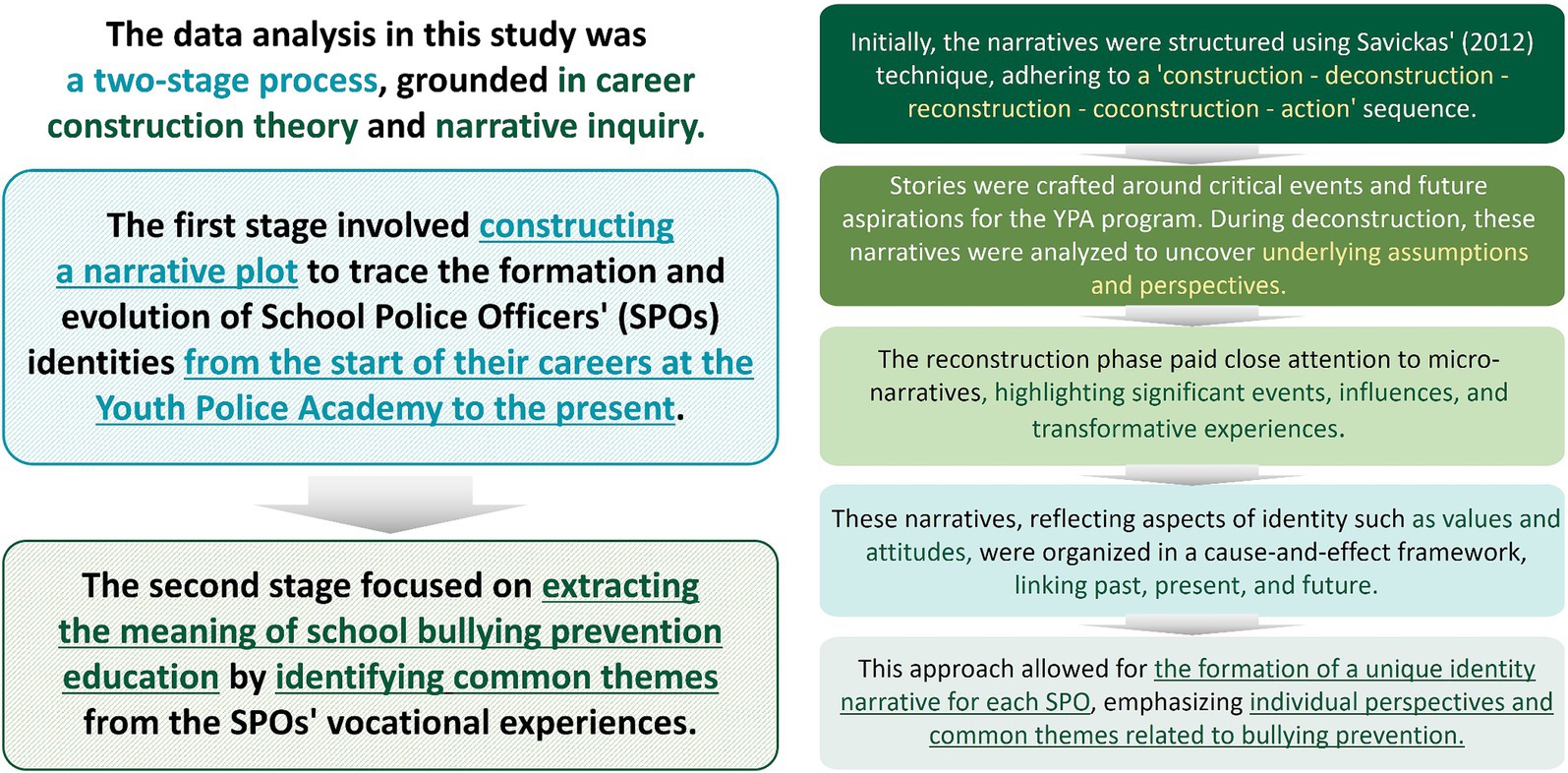
In certain professions, one’s career is deeply connected to their sense of self. Fields like medicine, acting, and politics often see a blending of personal identity and occupational role. These professions require a commitment of emotions and personal investment that transcends mere skill execution.
During favorable periods, the acknowledgment and esteem that come from this professional visibility may feel gratifying. Yet, when difficulties surface—such as the loss of a patient, a defeated election, or job loss—the capacity to differentiate between self-worth and professional success is essential for maintaining mental health.
Health care workers, in particular, are significantly affected by this merging of identity. Doctors face alarming suicide rates stemming from intense pressure and unfavorable clinical results. Many do not possess the resources or environment to handle stress and re-engage with their private lives, resulting in mental health issues where perceived setbacks are taken to heart.
To counter this, strategies such as mindfulness, physical activity, spirituality, and community involvement can be employed. These approaches align with lifestyle medicine concepts that emphasize stress reduction, nutritional health, physical exercise, and social relationships. However, these practices demand commitment and consistency.
Mental well-being is similar to physical capabilities—it requires intentional and ongoing effort. Just as athletes prepare for competitions, health care professionals should nurture their mental and emotional endurance to fight against burnout and trauma.
This presents a cultural chance to redefine the value of health care workers beyond mere clinical results. While outstanding performance should be acknowledged, it is equally important to protect the person behind the professional exterior.
The goal should be fostering human connections rather than achieving digital perfection, built through experiences of empathy and authenticity. By creating environments where professionals can flourish, adjust, and connect with their sense of purpose, health care systems can evolve to be as human-centered as their personnel.